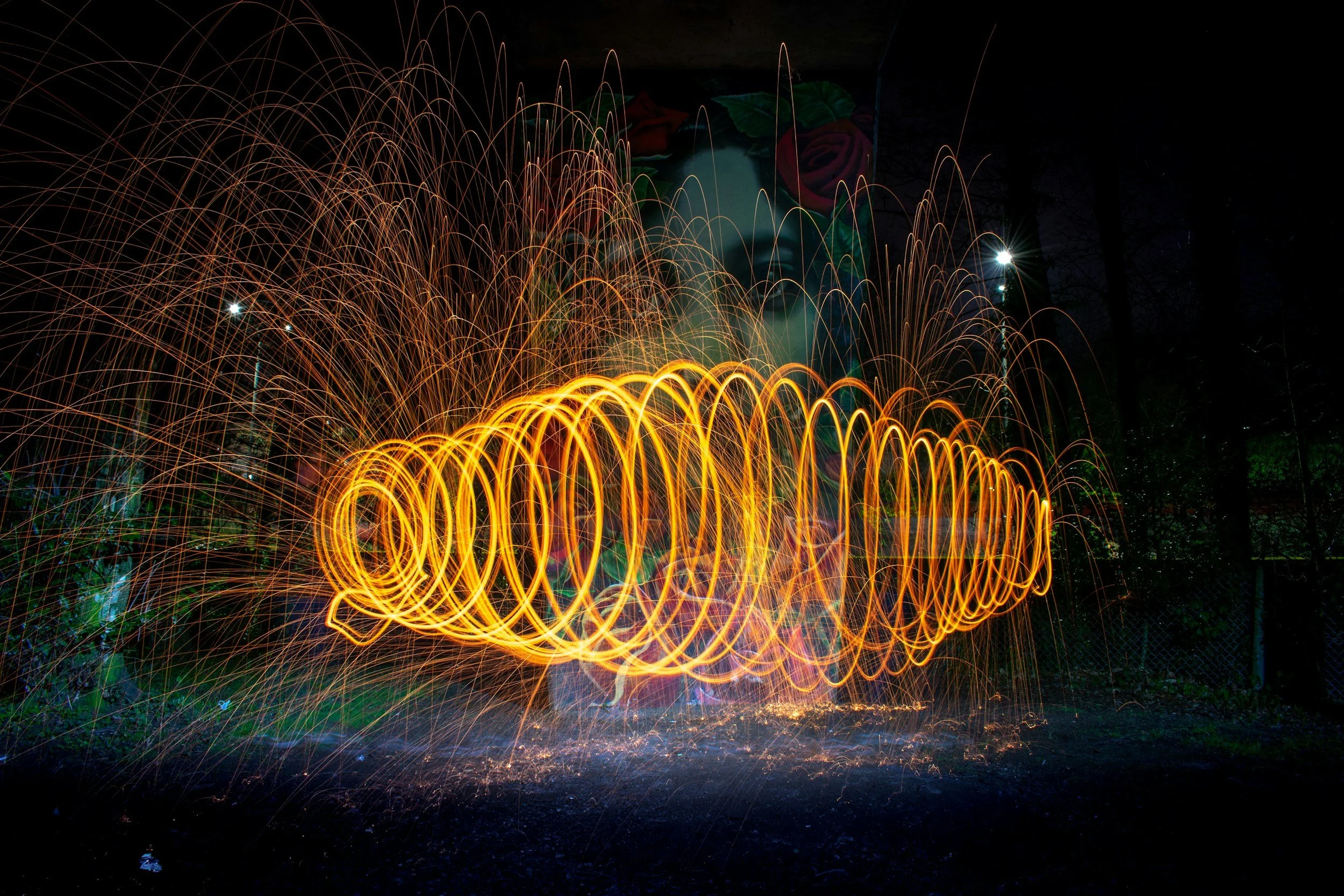Maybe Edison Wasn't Crazy...
I recently mentioned a delightful tactic that both Thomas Edison and Salvador Dalí employed when they needed fresh ideas.
A short study referenced in Where Good Ideas Come From suggests that perhaps they weren’t entirely insane in seeking out the “thinking chair”:
"A recent experiment by the German neuroscientist Ullrich Wagner demonstrates the potential for dream states to trigger new conceptual insights. In Wagner's experiment, test subjects were assigned a tedious mathematical task that involved the repetitive transformation of eight digits into a different number. With practice, the test subjects grew steadily more efficient at completing the task. But Wagner's puzzle had a hidden pattern to it, a rule that governed the numerical transformations. Once discovered, the pattern allowed the subjects to complete the test much faster, not unlike the surge of activity one gets at the end of a jigsaw puzzle when all the pieces suddenly fall into place. Wagner found that after an initial exposure to the numerical test, 'sleeping on the problem' more than doubled the test subjects' ability to discover the hidden rule (emphasis mine). The mental recombinations of sleep helped them explore the full range of solution to the puzzle, detecting patterns that they had failed to perceive in their initial training period. The work of dreams turns out to be a particularly chaotic, yet productive way of exploring... trying to find new truths by experimenting with novel combinations..."
Related: Take A Nano Nap
Related: Take A Micro Nap
Click here to subscribe to Paint & Pipette, the weekly digest of these daily posts.










Most organizations don’t fail at AI because of the tech. They fail because leaders reward critique over curiosity. Here’s how to flip the script before your next breakthrough dies in the room.